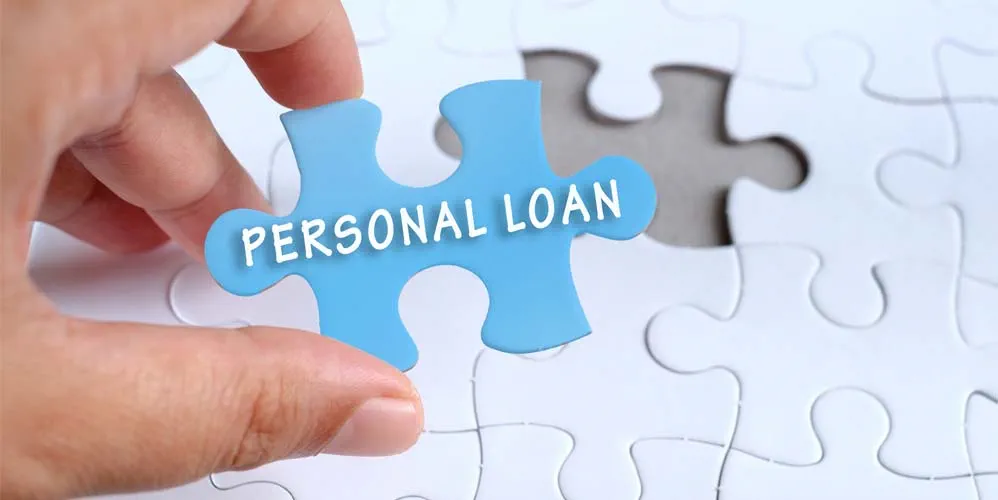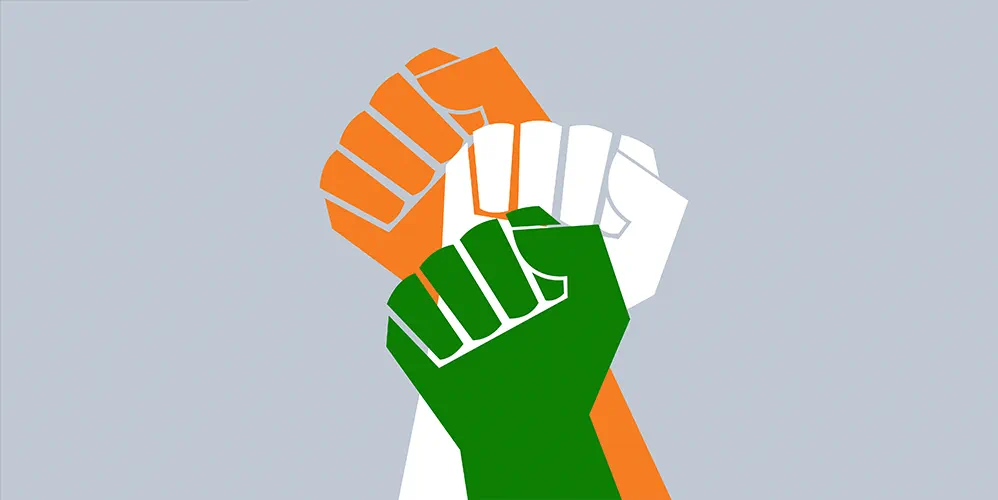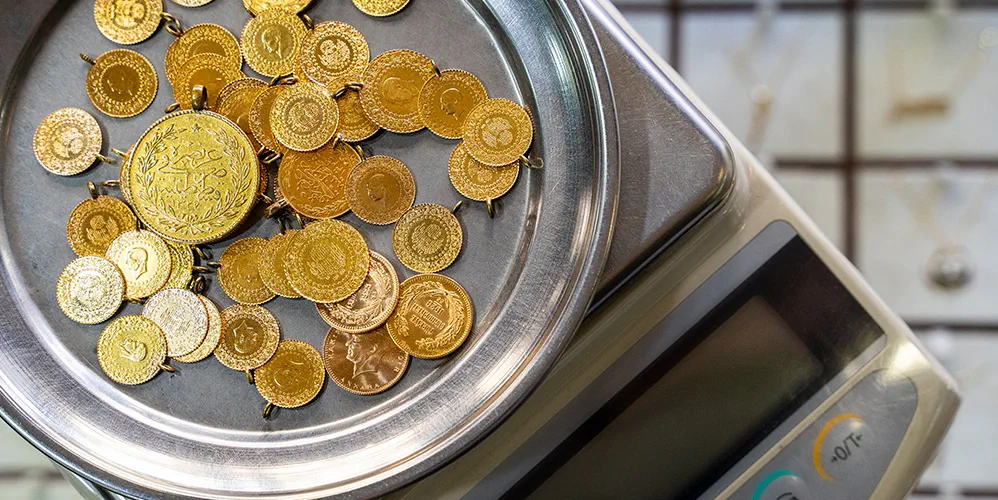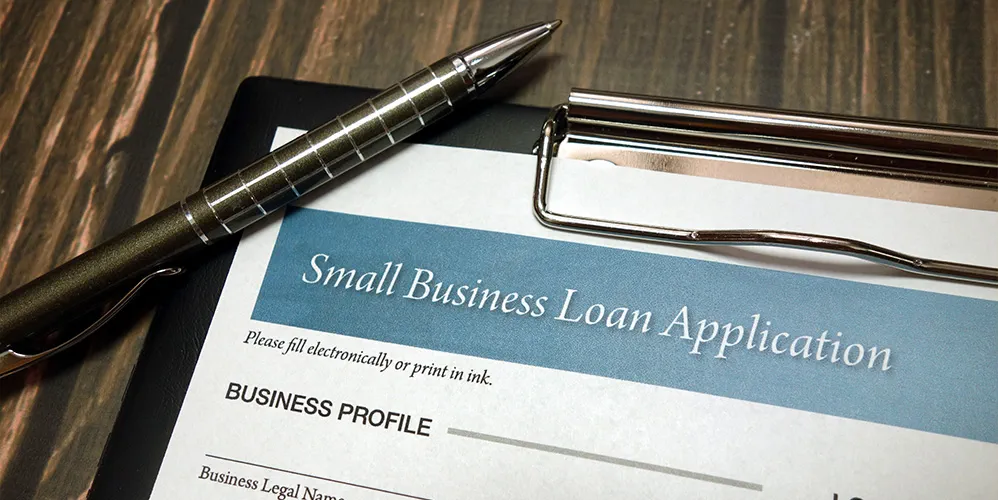
How to Get Personal Loan with Low CIBIL Score
01 नवम्बर 2019

With a number of lenders proliferating across the country borrowing money is no longer difficult. The number of phone calls we get on a daily basis selling personal loans is an indication of how the lenders are now chasing people to borrow.
However, it may be easy to borrow money as far as you are able to repay it. The moment you start defaulting on the loans, trouble starts. Even a delay in payment would mean trouble for the borrower.
A delay or default in repaying a loan affects what is called a bad credit score measured in India as CIBIL score. This score is very important for a personal loans as compared to any other form of a loan.
A personal loan is an unsecured loan which means the lender is taking a higher risk based on certain financial track record of the borrower.
The CIBIL score measures your credit worth. The range of the score is usually between 300 and 900. The closer the score is to 900 the better it is for the borrower while a score closer to 300 would mean that getting money from the official route will be difficult. Lenders are generally comfortable lending money to people with a CIBIL score of over 725.
Your CIBIL score depends on various factors concerning your borrowing track record. It does not depend on your salary. How you have financially behaved after taking a loan is the main -basis of CIBIL score. Defaults and delay, - can bring your CIBIL score down. More than any other loan CIBIL score is paramount in personal loans.
So does it mean that a person with a low CIBIL score has no option of getting a loan?
This may not always be the case. However, chronic defaulters would have trouble raising money from the official channel. But occasional delays or defaults can be managed.
Here are some of the ways in which one can raise money through personal loans despite a low CIBIL score.
Improve your income stream
In order to get incremental personal loans, the lender has to be satisfied that you have the ability to repay the loan. A new source of funds or a salary increment will go a long way in convincing the lender that there is enough cash flow to support a new loan repayment. One will have to convince the lender that the new income stream is a regular one and not a one-time income. Any documentary proof like a contract with the vendor from where the borrower is getting money will help in building up the case.
Even if the lender may see merit in the story they may agree to lend on a higher interest rate than the market rate along with some additional charges.
Go in for a smaller loan
Asking for a bigger loan after having a low CIBIL score will scare away any lender. A smaller loan with an adequate income stream may convince him to risk a small amount. Taking a small loan and repaying it regularly will not only convince the lender but also help improve your CIBIL score.
Collateral loans
While personal loans may be difficult, but not impossible despite a low CIBIL score, one can go in for a Collateral loan.
Loan against shares, gold loans, - Term deposits is easier to get despite a lower CIBIL score. The lender is comfortable that they have collateral as a guarantee against any defaults. In such cases, the CIBIL score does not matter. On the other hand, a regular payment on these loans can help in improving your CIBIL score.
Popular Articles
What is Tenure in a Personal Loan and How to Choose the Loan Tenure Smartly?
Related Articles










-
डिस्क्लेमर
इस लेख/इन्फोग्राफिक/चित्र/वीडियो की सामग्री का उद्देश्य केवल सूचना से है और जरूरी नहीं कि यह बैंक ऑफ बड़ौदा के विचारों को प्रतिबिंबित करे। सामग्री प्रकृति में सामान्य हैं और यह केवल सूचना मात्र है। यह आपकी विशेष परिस्थितियों में विशिष्ट सलाह का विकल्प नहीं होगा । बैंक ऑफ बड़ौदा और/या इसके सहयोगी और इसकी सहायक कंपनियां सटीकता के संबंध में कोई प्रतिनिधित्व नहीं करती हैं; यहां निहित या अन्यथा प्रदान की गई किसी भी जानकारी की पूर्णता या विश्वसनीयता और इसके द्वारा उसी के संबंध में किसी भी दायित्व को अस्वीकार करें। जानकारी अद्यतन, पूर्णता, संशोधन, सत्यापन और संशोधन के अधीन है और यह भौतिक रूप से बदल सकती है। इसकी सूचना किसी भी क्षेत्राधिकार में किसी भी व्यक्ति द्वारा वितरण या उपयोग के लिए अभिप्रेत नहीं है, जहां ऐसा वितरण या उपयोग कानून या विनियमन के विपरीत होगा या बैंक ऑफ बड़ौदा या उसके सहयोगियों को किसी भी लाइसेंसिंग या पंजीकरण आवश्यकताओं के अधीन करेगा । उल्लिखित सामग्री और सूचना के आधार पर किसी भी वित्तीय निर्णय लेने के लिए पाठक द्वारा किए गए किसी भी प्रत्यक्ष/अप्रत्यक्ष नुकसान या देयता के लिए बैंक ऑफ बड़ौदा जिम्मेदार नहीं होगा । कोई भी वित्तीय निर्णय लेने से पहले अपने वित्तीय सलाहकार से सलाह जरूर लें।
How to Get a Car Loan?
Now that you have zeroed in on your dream car after test driving a few of them, you probably cannot wait any longer to buy it. Now the next obvious question is, what are your financial options for buying the dream car? For many of us, a car loans seems like a comfortable financial option to consider, given that it leaves cash liquidity intact and you can get a car loans in easy EMI options at affordable interest rates, so it does not pinch your pocket much. Here’s a guide on what to do next!
First things first. Check if you are eligible for a car loans. Once you know you meet the eligibility criteria, it speeds up the process of getting a loan approved.
Am I eligible for a car loan?
Each bank has its own criteria for car loans. It could be minimum annual income or minimum years of employment among others.
For example, Bank of Baroda provides up to 90% financing for the said category of borrowers-
Salaried Employees
Businessmen, professionals and farmers
Directors of Private and Public Limited companies, Proprietor of Proprietorship Firms, partners of Partnership Firms.
Corporates (Partnership, private Limited, Public limited and Trust)
NRIs/PIOs
What are the documents required for a car loan?
Though documents required may vary from bank to bank, but most commonly, banks ask for the documents mentioned below along with the loan application form-
For Proof of identity, one of these documents van be produced:
Passport
Driving license
Latest three months old credit card statement.
Salary slip
Income tax assessment order
Utilities like electricity bill, landline bills-not older than 6 months.
Bank statement
Letter from employer/public authority (should be validated by bank)
iVoter ID card
Retired government employees can produce pension payment orders
Registered leave and license agreement or sale deed or lease agreement.
Please note, every time there is a change of address or change in any other detail furnished to the bank, the applicant will need to immediately notify it to the bank along with updated document proofs.
Proof of income:
Bank statement of the last three to six months
Salary slip and form 16 (for salaried persons)
Income tax returns (for self-employed persons)
Margin
Lenders require you to pay a portion of the price of the car, also called the margin, as the lender pays the rest, which becomes your loan value. In case of Bank of Baroda, the margin is 10% on the ‘on the road’ price of the car.
How to Remove Car Loan Hypothecation After Car Loan Repayment
A secured loan is a loan in which an asset is hypothecated to the lender. Since the lender finances the purchase of the asset, the original purchase papers of the asset are with the lender. When it comes to purchase of a home, the asset’s ownership shifts to the borrower once he has completely repaid the loan. In gold loans, the gold is left under lock and key with the lender. Once the loan is repaid, this gold is given back to the borrower. However, it is not the same when it comes to a car loan.
In a car loan, the car purchased is hypothecated to the lender. The lender pays the funds to purchase the car. However, a car also has to be registered with the Regional Transport Office (RTO) before it can be driven on the road. In such a case, the name of the lender appears on the registration certificate (RC) of the vehicle/ in the records of Regional Transport Office. This means you need to take a few additional steps once the car loan is repaid for car loan hypothecation removal. Once the car loan hypothecation is removed and the car’s ownership is completely in your name, then you will have a clear title and ownership to your car. This is especially important while getting insurance. In case anything happens to the car, the Insurance claim will go to the owner of the car, which in case of hypothecation, will be in favor of the lender.
This is why car loan hypothecation removal is important.
How to remove hypothecation from RC after car loan repayment/termination:
Step 1: Repayment of car loan
In the hypothecation agreement of car loan, the name of the lender appears as the owner for the car. To start the procedure for removal of the lender’s name, you need to repay the car loan completely. The loan must be paid off and a nil balance must appear in the lender’s books.
If you are planning to prepay your car loan, it is better to inquire with the lender about their prepayment charges and conditions. Sometimes lenders have prepayment charges on these loans and this can go up to 2%.
Once you’ve completely paid off the loan, you need a no dues certificate from the lender. This certificate will state that you have completely discharged the dues to the lender.
Step 2: Collection of documents from the lender
Once the loan is repaid, the lender will give you the no dues certificate. Along with this, you need to collect:
No objection certificate:
This certificate states that the lender does not have any objection with car loan hypothecation removal. One important point to remember is that you must take multiple copies of the No Objection certificate. This No Objection certificate will need to be submitted to the RTO and to the Insurance company. You will also need one copy for your own records. Usually, the no objection certificate is valid for 3 months. So, you must approach the RTO immediately after you get the no objection certificate.
Form 35
This form is a notice of termination of hypothecation. This form also has to be made in triplicate or in 3 copies. Each state usually has its own format for this form which can easily be found online or at the RTO.
Step 2: Submission of documents to the RTO
Once you have the documents from the lender, you need to visit the Regional Transport Office or the RTO with a set of documents that includes:
Original form 35 signed and stamped by the borrower and bank
Original Bank No Objection Certificate
Attested copy of PAN
Attested copy of insurance policy of car
Original Registration Certificate
Address proof
Copy of Pollution Under Control (PUC) certificate
These documents will have to be submitted to the RTO. If your address does not match the address in the registration certificate, you will need to submit Form 33 which is for change of address.
Once you submit these documents to the concerned officer at the RTO, they will get them verified. You need to pay the respective fees to get the process completed. The officer will give you a time and date on which you can collect your updated Registration Certificate (RC)
Step 3: Collect your updated Registration Certificate
The date and time for the visit will be specified when the documents are submitted. When you visit the RTO on the specified date, you will get the updated RC. If there are any mistakes in the details, you can get them corrected and collect the RC on a future date. Once you collect your updated RC, you will have completed all car loan hypothecation removal formalities.

